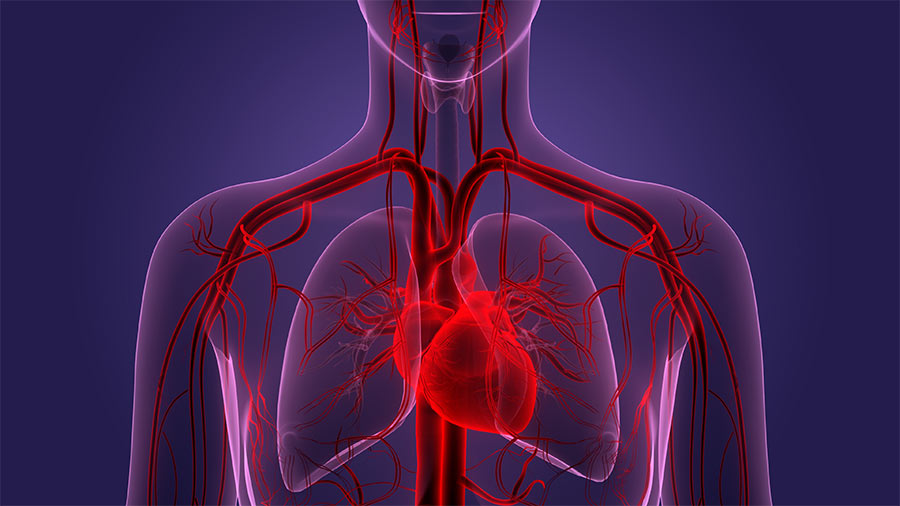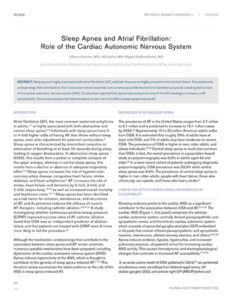
In the landscape of cardiovascular health, the intricate relationship between sleep apnea and atrial fibrillation has emerged as a subject of intense scrutiny and clinical relevance. The Houston Methodist Journal explores this pivotal connection in their illuminating article, delving into the nuanced role of the cardiac autonomic nervous system (CANS) in mediating the interplay between these two prevalent conditions.
Sleep apnea, characterized by recurrent episodes of upper airway obstruction during sleep, has garnered increasing attention for its association with atrial fibrillation, a common cardiac arrhythmia characterized by irregular heart rhythm. While the mechanistic links between these conditions have been the focus of extensive research, the role of the cardiac autonomic nervous system emerges as a central player in this complex interrelationship.
The cardiac autonomic nervous system regulates heart rate, rhythm, and vascular tone, exerting profound influence on cardiovascular function. Dysregulation of the CANS, often observed in individuals with sleep apnea, can manifest as sympathetic overactivity and parasympathetic withdrawal, predisposing to arrhythmogenesis and cardiovascular instability.
Through a comprehensive analysis of current evidence and mechanistic insights, the Houston Methodist Journal elucidates the multifaceted impact of sleep apnea on the cardiac autonomic nervous system and its implications for atrial fibrillation pathogenesis. By unraveling the intricate neurophysiological mechanisms underlying this association, the article provides valuable insights into potential therapeutic targets and preventive strategies aimed at mitigating the burden of atrial fibrillation in patients with sleep apnea.
Furthermore, the Houston Methodist Journal underscores the importance of interdisciplinary collaboration between sleep medicine specialists, cardiologists, and researchers in elucidating the pathophysiology of sleep apnea-related atrial fibrillation and advancing personalized approaches to patient care. By fostering dialogue and knowledge exchange among diverse stakeholders, the journal seeks to catalyze innovative solutions and optimize outcomes for individuals affected by these interconnected cardiovascular conditions.
In summary, the Houston Methodist Journal’s exploration of sleep apnea and atrial fibrillation sheds light on the pivotal role of the cardiac autonomic nervous system in bridging the gap between sleep medicine and cardiology. Through its comprehensive analysis and collaborative ethos, the article contributes to a deeper understanding of the intricate interplay between sleep apnea and atrial fibrillation, paving the way for novel therapeutic avenues and improved cardiovascular care paradigms.





